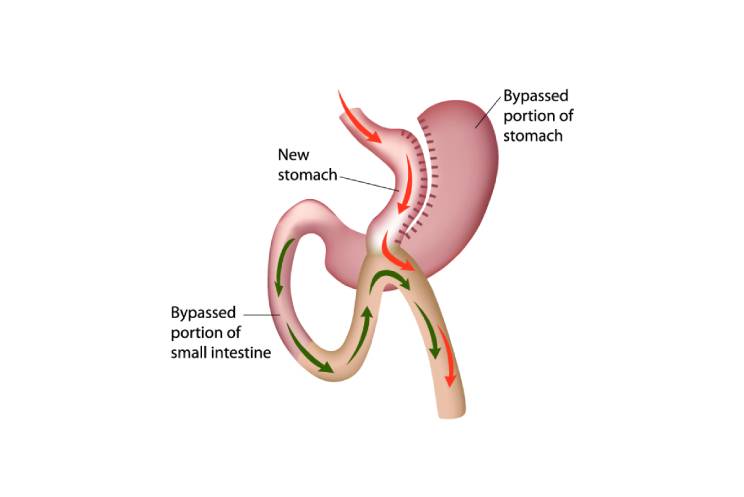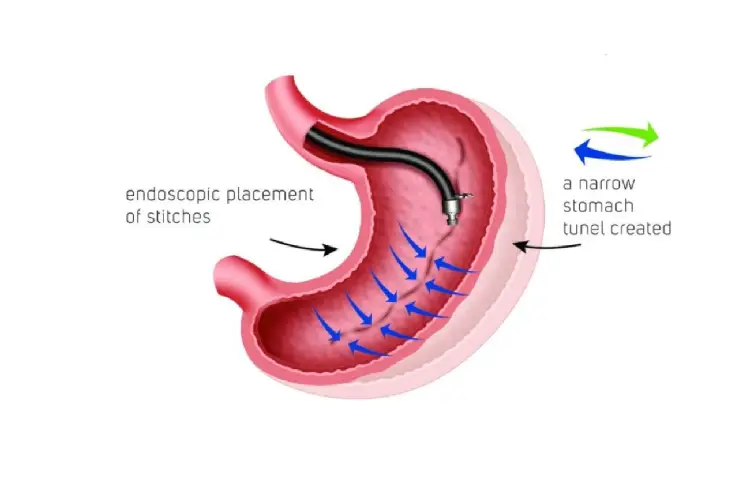Medical procedures may change certain behaviors in a person. Moreso, Bariatric surgery may change specific attributes. Below are ten things you must know before undergoing bariatric surgery.
10 Things To Know Before Bariatric Surgery
- A decrease in Hunger and Eating HabitsAfter bariatric surgery, many patients report they feel less hungry like before the surgery. Bariatric surgery affects the hunger hormone, ghrelin, which causes loss of appetite. To not get dehydrated, eat and drink at intervals.
- More Health BenefitsNot only does one experience weight reduction, but bariatric surgery also can improve mental and emotional health, regulates hormones, reduces joint and muscular pains, increases libido, increases flexibility and mobility, and increases fertility.
- Sleep DisruptionsBariatric surgery affects the sleeping position of some patients. Patients may not be able to sleep in his/her regular position because of acid reflux, pain, or discomfort. These conditions are due to the nature of stomach surgery or a restricted diet. Patients may only experience this disruption within the first weeks.
- Shedding of HairThe body experiences trauma after a bariatric surgery like any other major surgery. This leads to shedding of air within 3 to 6 months, which is an normal effect and is common in all ages and gender. After the surgery, the body lacks nutrients and protein. Patients are advised to consume lots of water, protein, and vitamins after the surgery.
- Dumping SyndromeMany patients report nausea and abdominal cramps after a bariatric surgery in which the stomach empties its contents faster than usual. Patients need to severely cut down on the intake of sugar to avoid symptoms such as palpitation, dizziness, sweating, discomfort, vomiting, acid reflux, bloating, and diarrhea.
- Work is Still Needed to Lose Weight After Bariatric SurgeryBariatric surgery does not work like magic. You still have to give it time to get that desired shape by sticking to your doctor’s plan designed for you. Weight loss can slow down if patients don’t follow the diets and other necessary things advised by the doctor.
- Eating Habit ChangesYou can’t eat whatever you want, even in small quantities. Not all foods are healthy after weight loss surgery. Moreover, your stomach cannot accept large amounts of food.
- Body Develops Tolerance to Some FoodYour body may reject some food after the surgery; even those you usually enjoy may be rejected because of food digestion to prevent nauseousness and abdominal disorder. Depending on the individual, intolerances may be temporary or permanent.
- Weight Loss Still Revolves Around FoodBariatric surgery cannot stop you from eating. It is still important to follow your doctor’s guidelines.
- Also, eating healthy won’t be automatic after the bariatric surgery; it takes discipline, work, and thought. After the surgery, focus on meal planning and preparation and your consumption. Bariatric surgery is only a tool for weight loss, which can only be used to create a healthy lifestyle as you so desire.
This entry was posted in Pre-Op and tagged bariatric surgery, weight loss surgery. Bookmark the permalink.






